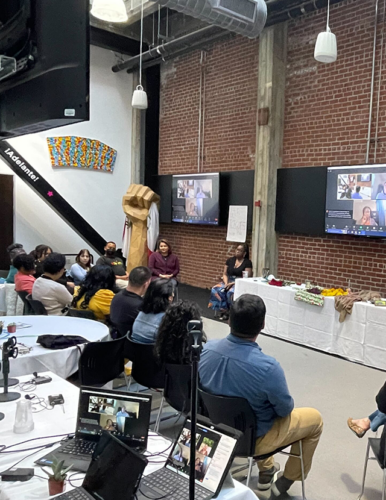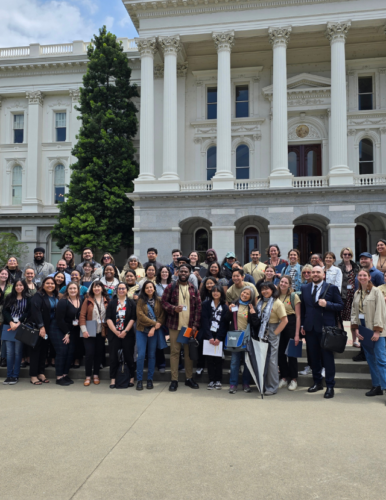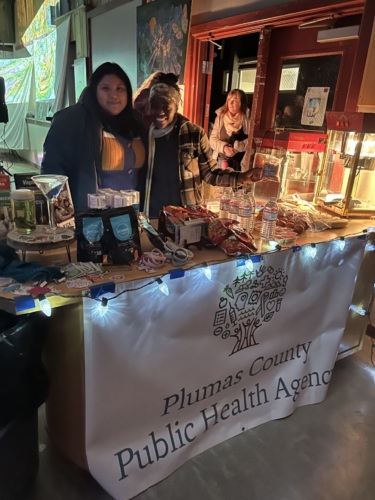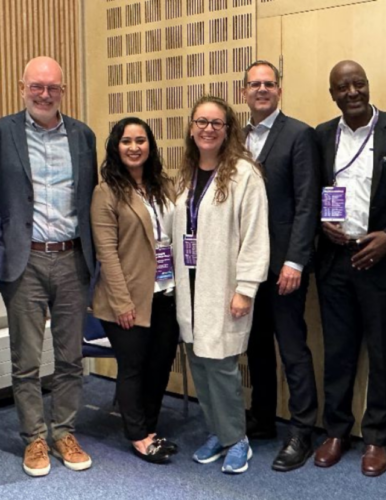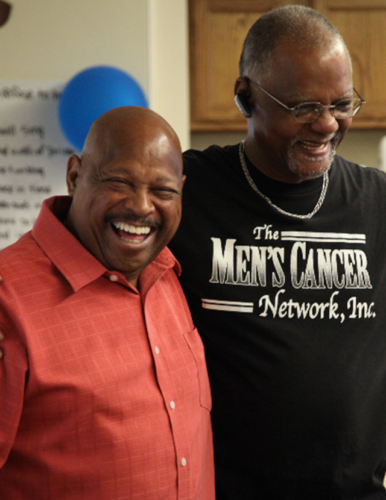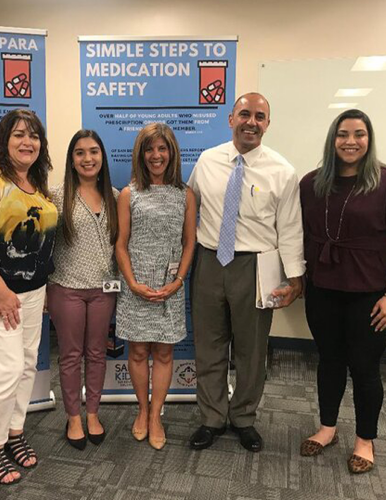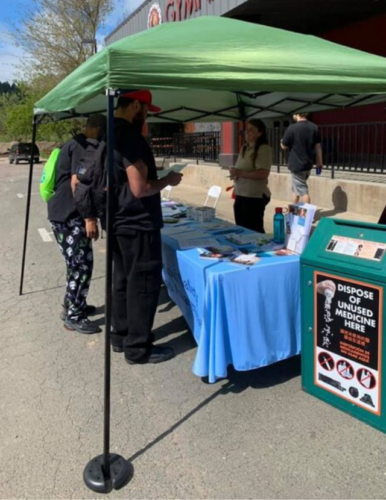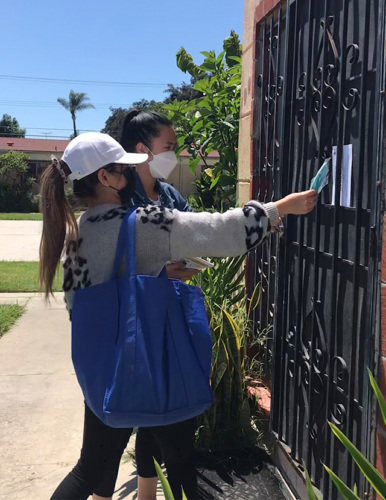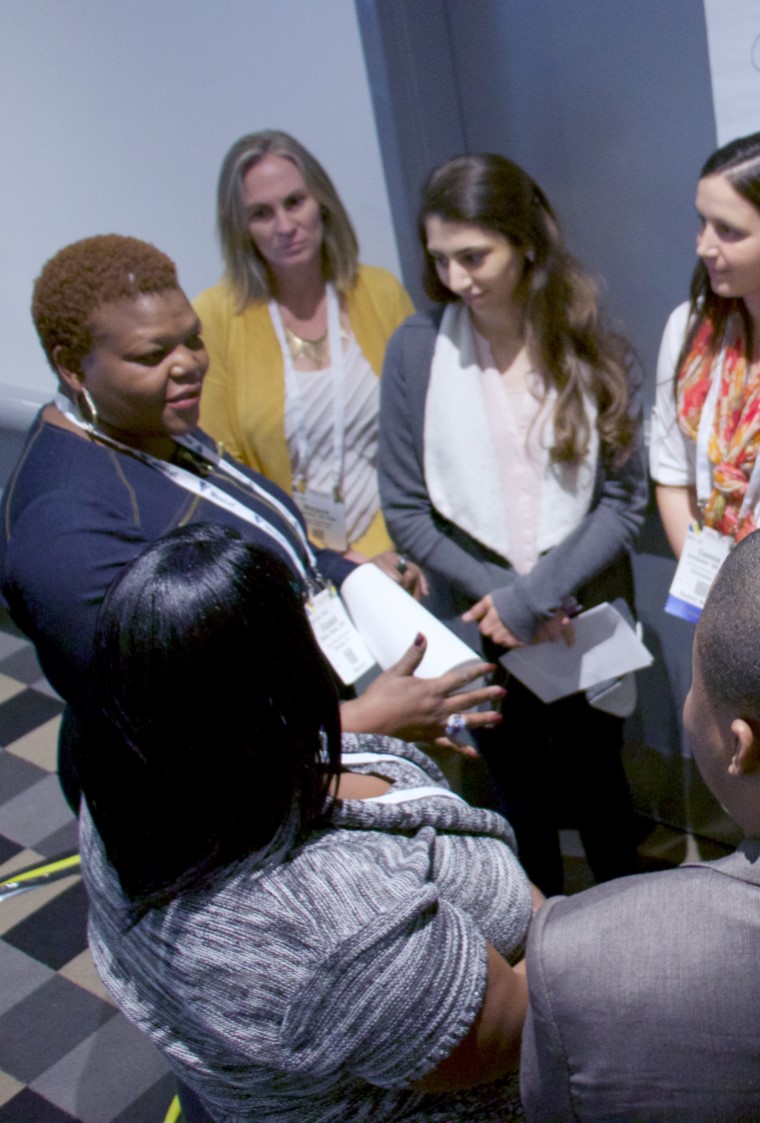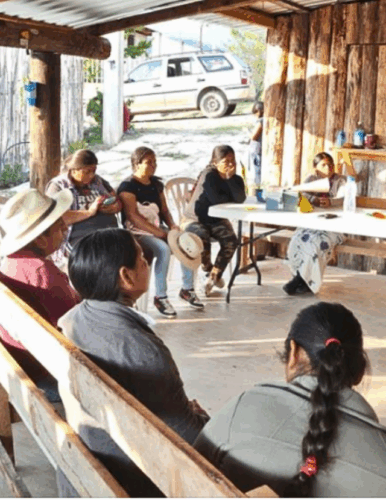
Coalition & Network Building
The Public Health Institute (PHI) doesn't just bring people to the table: we bring the right people to the table. We build strong coalitions and networks, foster collaboration across organizations, agencies, and sectors and help partners create strategic plans and identify shared goals. PHI staff facilitate large, statewide collaborative groups of more than 150 members, as well as smaller, action-oriented teams—in person and via our online communications network, Dialogue4Health, which has hosted hundreds of web forums for thousands of participants. PHI has created and supported successful coalition and networks to advance a myriad of local, national and global public health goals, including: opioid use, population health, ACEs, "health in all policies," climate change, and violence prevention.
Our Expertise Can Make Your Work Stronger
See how PHI can work with you to support or lead your health initiatives.
Our Impact
See all Coalition & Network Building Impacts
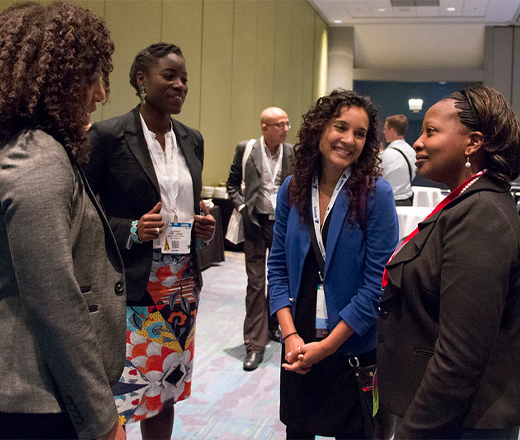
- 600+ leaders in 44 states and territories trained through NLAPH
- 1.2K funders, developers & researchers collaborating on MPTs
- 500+ community-based organizations funded through Together Toward Health to help stop COVID-19

PHI Experts Working in this Area:
Work With Us
You change the world. We do the rest. Explore fiscal sponsorship at PHI.
Support Us
Together, we can accelerate our response to public health’s most critical issues.
Find Employment
Begin your career at the Public Health Institute.
